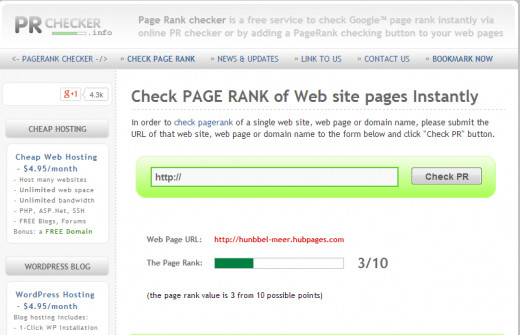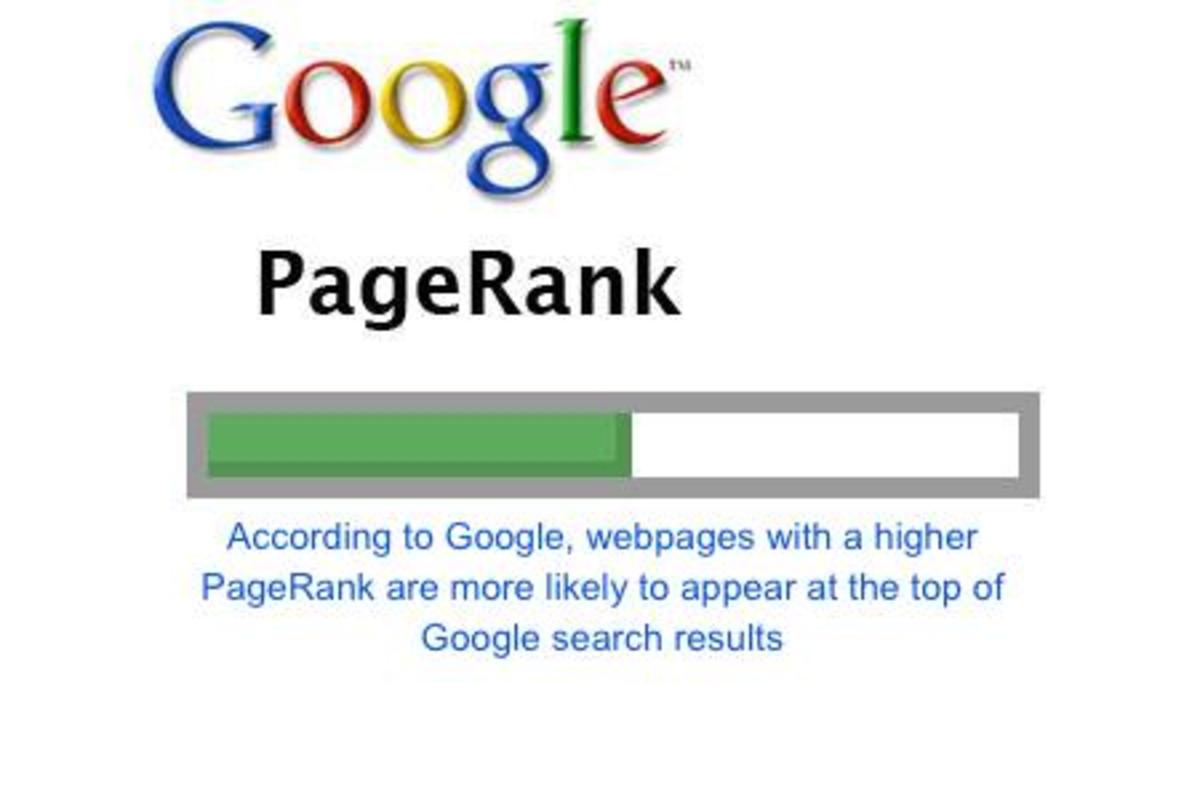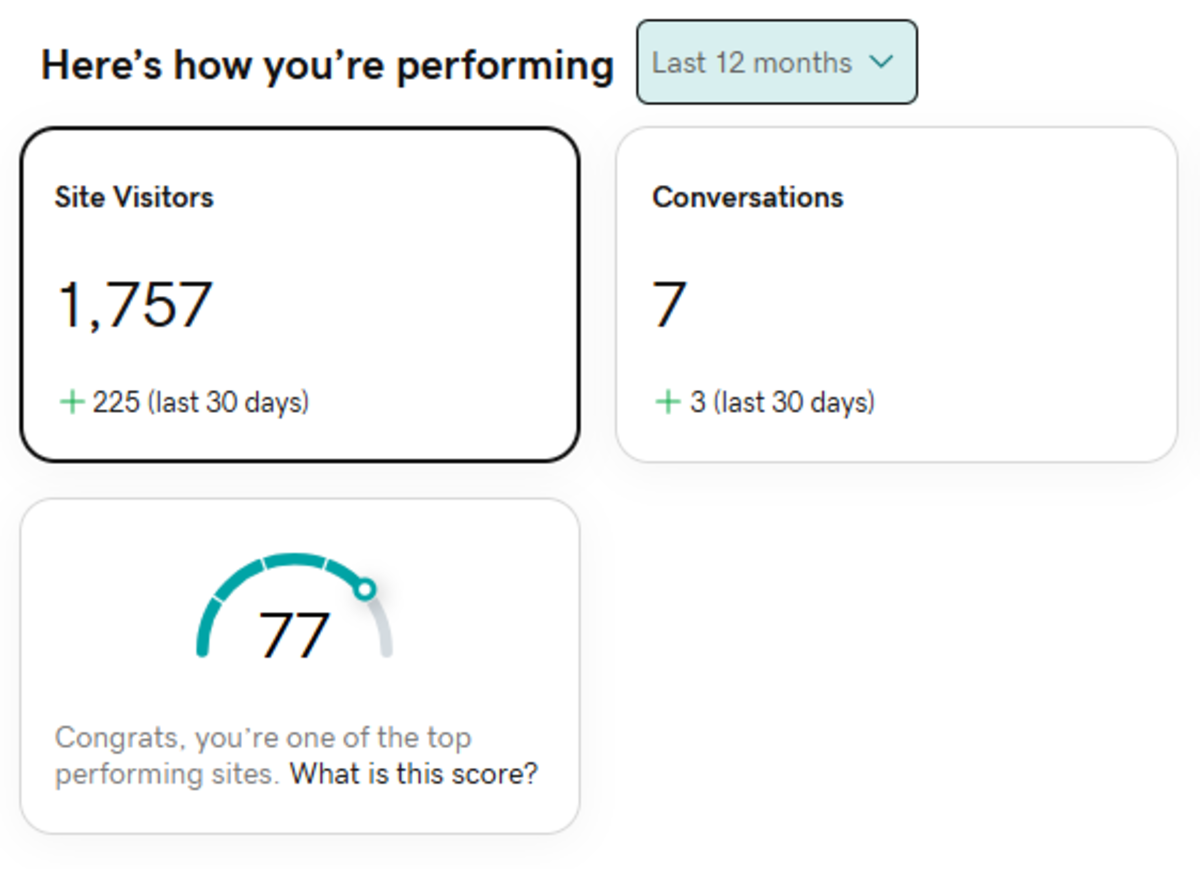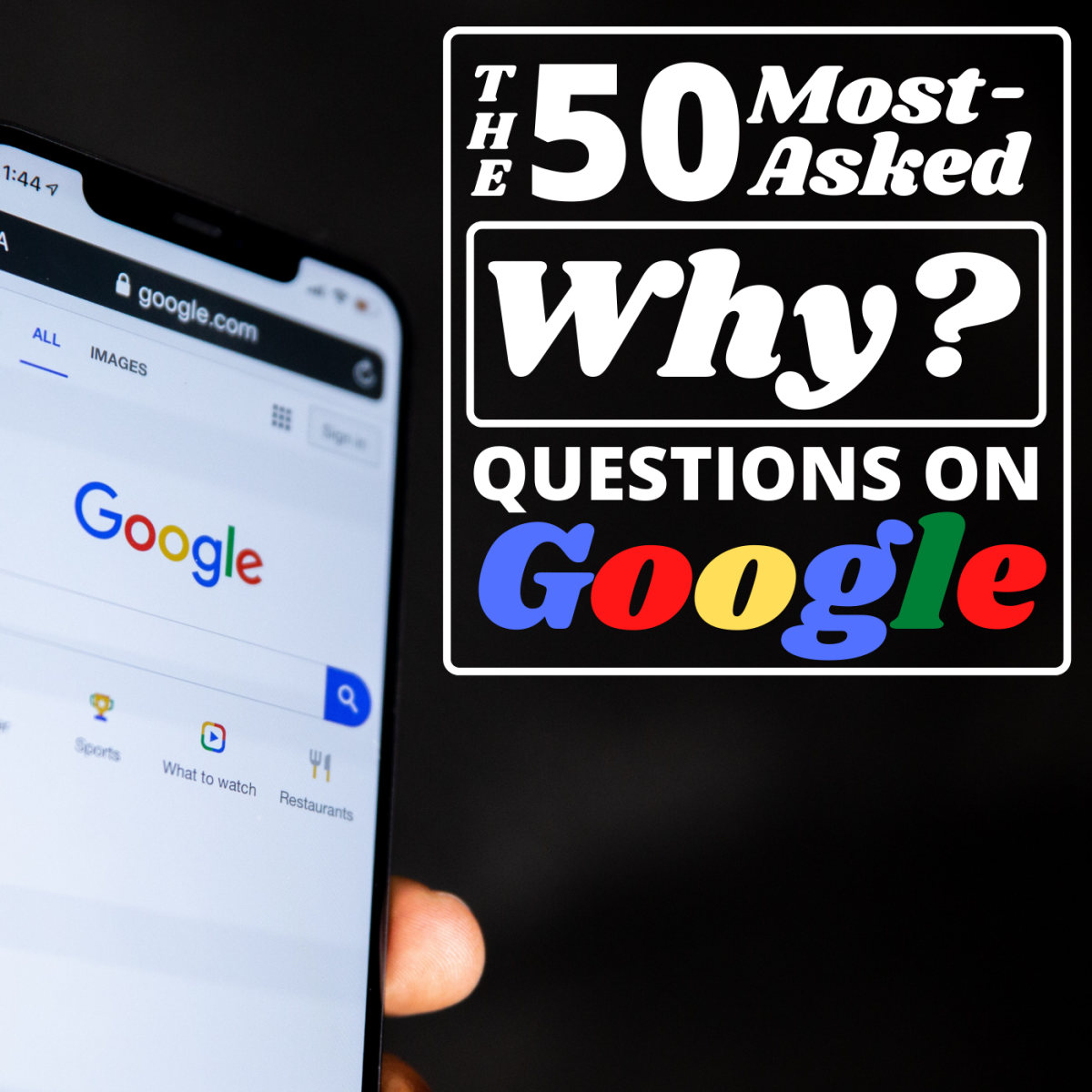What is Off-Page SEO? Off-Page SEO and Link Building
If you do not focus enough on your website’s off-page SEO and link-building, you can’t get on the top of the search engines. Period.
Not many people pay enough attention to it, but off-page SEO is actually the more important part. According to Google’s latest algorithms and ranking criteria, off-page SEO is a more important contributing factor in a website’s search engine ranking. In simpler words, your website’s success in search engines – especially Google – is directly related to how good your off-page SEO is and how many quality links your website has.
What is Off-Page SEO?
For those who don’t know what off-page SEO is, the following definition should be a good start:
“Off-page SEO refers to the search engine optimization techniques that are done outside of your website. Compared to the on-page SEO that is done on the front-end of your webpages, off-page SEO works at the back-end.”
The most important aspect of off-page SEO is link-building. Link-building is a process in which other authoritative websites link-back to your posts and webpages.

Off-Page SEO and Link Building:
Properly building links to your website requires hard-work, time and quality content. Not many people have enough patience for that, right? This led many website owners to a blacklisted SEO technique, commonly known as “link farming”.
In link farming, website owners created thousands of backlinks from various sources. These links weren’t as real and genuine as they should be, and they used to convey no real value. In short, link-farming is referred to a black hat SEO technique in which thousands of websites link to each other, hoping to achieve higher search engine rankings. You don’t want to go that way.
If you are serious about quality link-building, do not use any black-hat SEO technique. There are various other methods to obtain high-quality backlinks that give a more sustainable and long-term success.
How to Get Quality Backlinks for Off-Page SEO?
If you are serious about off-page SEO, focus on quality over quantity. 10 good, quality links are more crucial than thousands of low-quality backlinks.
If we are talking about “quality” links, then following are some essentials tips for an effective link-building strategy. Follow these tips on how to get quality backlinks for your website.
1. Higher PR Websites:
The backlinks should ideally be from a website that has a higher PR than your website. PR is an acronym for “Page Rank”. Each website has a Page Rank allotted to it. As a website grows and improves, its PR also increases. Your backlinks should ideally be from a higher PR website. It can also be from a website that has an equivalent PR as yours. But try avoiding any link that is from a lower PR website.
You can check any website’s PR from the following link:
Following is an example, showing the Page Rank of my sub-domain at HubPages.

2. Relevant Niches:
The links you get should ideally be from a website that works within the same niche as yours. The content should also be directly relevant to your webpages.
This is because the entire concept of creating links is to provide users more comprehensive and well-rounded information. Links that come from websites with the same niche as yours carry more value, as they work as an endorsement and vote of confidence in your content.
3. Diversified Sources:
Another important thing to add to your link-building strategy is that the sources should be diversified. If you keep building links from a single domain (website), it won’t really help in your search engine rankings. If multiple relevant websites link back to you, it shows how good your content is.
In other words, if so many authoritative websites link-back to your content and endorse it to their readers, it is indicated that your website contains significant value on the topic. If that happens, search engines like Google will also think the same way. They will improve your website’s search engine rankings so that more users find your quality content that is “endorsed” by so many other quality websites that work in the same niche as yours. Logical, right?
Guest Blogging and Link Building:
One of the best ways to get high-quality backlinks to your website is by guest blogging. It is a process in which you post an article on someone else’s blog, and in the end you create a backlink to your website. There are numerous benefits of guest blogging, but the biggest one is that you can choose a high PR website that you would like a backlink from.
Final Words:
Off-page SEO is the most important part of getting your website ranked higher in the search engine. It is primarily composed of getting quality backlinks from high PR websites. Moreover, you should also diversify the sources, which means that you should ideally get quality backlinks from many different websites. Last, but not the least, these websites should be related to your niche.
Following all the above-mentioned tips, you can significantly increase your website’s backlinks, and therefore, its search engine rankings.









